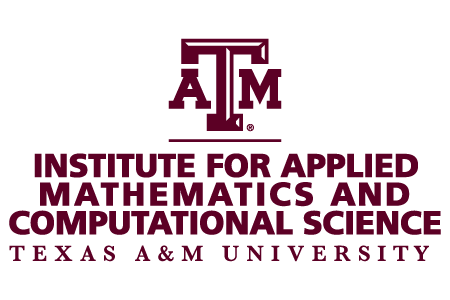Global Sub-micrometer-level Survey of the Mouse Brain Microstructures Using the Knife-Edge Scanning Microscope
April 7, 2011
2:30 p.m.
Yoonsuck Choe
Abstract
Recent advances in serial-sectioning microscopy have enabled high-throughput imaging of massive volumes of biological microstructures at a very high resolution. The Knife-Edge Scanning Microscope (KESM), developed and housed at our laboratory at Texas A&M University, is one of the first such instruments to obtain whole-brain neuronal morphology data at sub-micrometer resolution. In this talk, we will report our results from scans of whole mouse brains stained in Nissl (soma), Golgi (full neuronal morphology), and India ink (vasculature). We will review how these data sets can contribute to connectomics research, and discuss challenges in modeling and analyzing such data and our effort in addressing these challenges.
Bio: Yoonsuck Choe is an associate professor at the Department of Computer Science and Engineering, and the director of the Brain Networks Laboratory at Texas A&M University. He received his B.S. degree from Yonsei University, Korea (1993), and his M.A. and Ph.D. in Computer Science from the University of Texas at Austin (1995, 2001, respectively). His research interests are in computational neuroscience, computational neuroanatomy, neuroinformatics, biologically inspired vision, and neural networks.
Acknowledgments: This research was funded in part by NSF MRI #0079874, Texas ATP #000512-0146-2001, NIH/NINDS #1R01-NS54252, NSF CRCNS #0905041.

